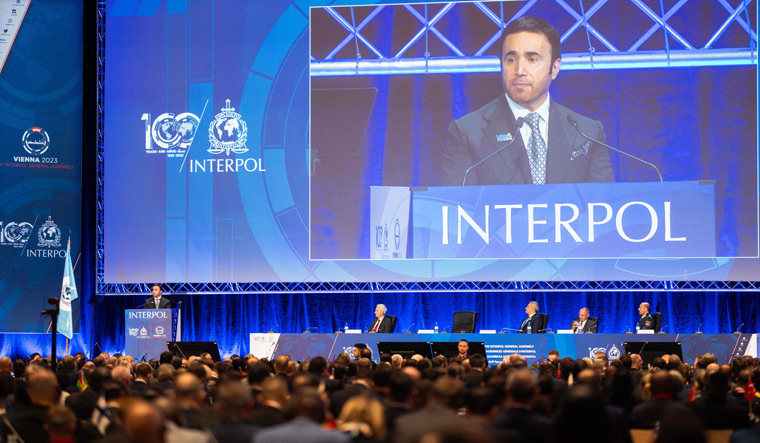India has geolocated more than 184 criminals hiding in various countries wanted by law enforcement agencies, and formal proceedings for their return have been initiated in close coordination with Interpol channels. The numbers gain significance at a time when the Centre is taking a firm stand against transnational crime and terror syndicates in the midst of a huge diplomatic row with US and Canada, over threats to the lives of some of these criminals allegedly from Indian agents, a charge denied by New Delhi.
On top of the list are pro Khalistani operatives like Gurpatwant Singh Pannun, who has triggered a diplomatic stand off between Indian agencies, American and Canadian counterparts. But he remains out of the Interpol list despite issuing open threats to Air India passengers and top government functionaries since the G20 meet in New Delhi.
The concern, however, isn’t limited to any one individual or any particular outfit. The list of wanted fugitives is long and Indian law enforcement agencies are once again stressing that their presence in any country is a menace to law and order, and in some cases national security for the host countries as well.
A five member delegation of CBI director Praveen Sood and NIA DG Dinkar Gupta was in Vienna on Friday for the annual Interpol General Assembly where they held closed door discussions with law enforcement agencies from multiple countries, including US, UK, UAE stressing upon the “need to deny safe havens for crime, criminals and proceeds of crimes’’. The Indian sleuths stressed the need for increasing cooperation to combat transnational crimes that have national security implications.
Indian agencies said they have brought back 24 criminals and fugitives to the country this year, the highest so far, after they were sent back from foreign shores to face the law. These ‘’wanted’’ fugitives had been operating criminal, terror or money laundering syndicates back home.
The cooperation with UAE yielded good results, but countries like Canada have been stonewalling attempts to send back wanted criminals citing their laws, said an official, explaining that this is where global police organisations like the Interpol can play a role.
The pro Khalistani operatives, whose presence has been established on foreign shores, have spread the canvas to US shores where some of the organised crime syndicates are learnt to have spread. The fact that the western counterparts have expertise to penetrate and bust organised crime syndicates should be able to further assist the efforts of Indian agencies in tracking their links here as well, said an official.
A case in point is the information with NIA and other state agencies of criminal-drug and terror syndicates being run from jails within the country that have transnational links, sources said. The law enforcement response of any country should be to bust these networks through cooperation and sharing of information, they added.
India is focusing on Vision 2030 and creation of an Interpol Future Council where concerted action to combat organised crime, terrorism, drug trafficking, money laundering, online radicalisation, cyber enabled financial crimes and preventing crimes on a real time basis can become a reality.
In Vienna, the Indian delegation held detailed discussions with high level delegations of Austria, UAE, USA, UK, Nepal, Brazil, Australia, Mauritius, New Zealand, Japan, Switzerland, Bangladesh, Singapore and Zambia. The team also held talks with senior officials of Interpol, Europol, Pacific Islands Chiefs of Police Organisation and US Air Force Office of Special Investigations on strengthening arrangements for cooperation.



